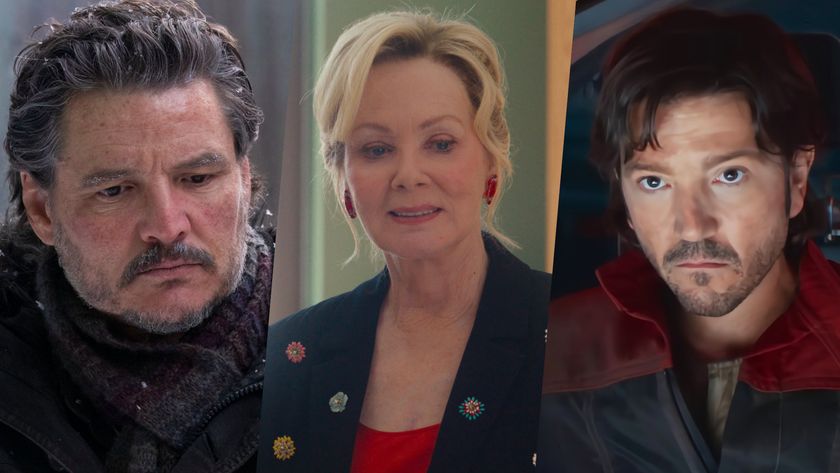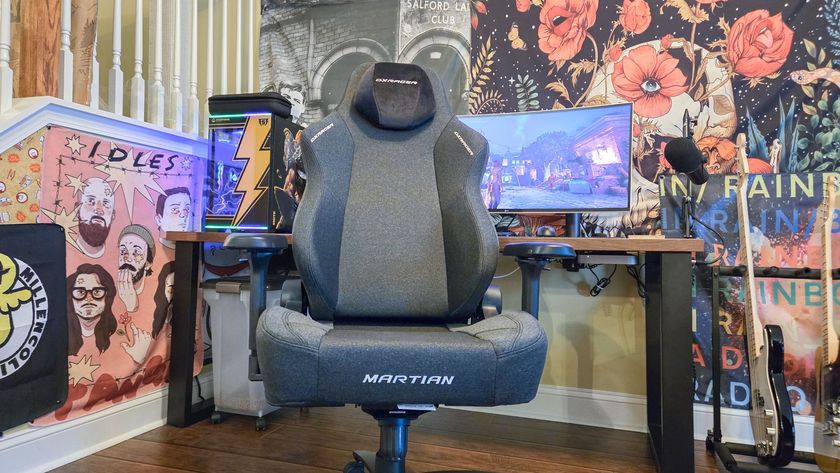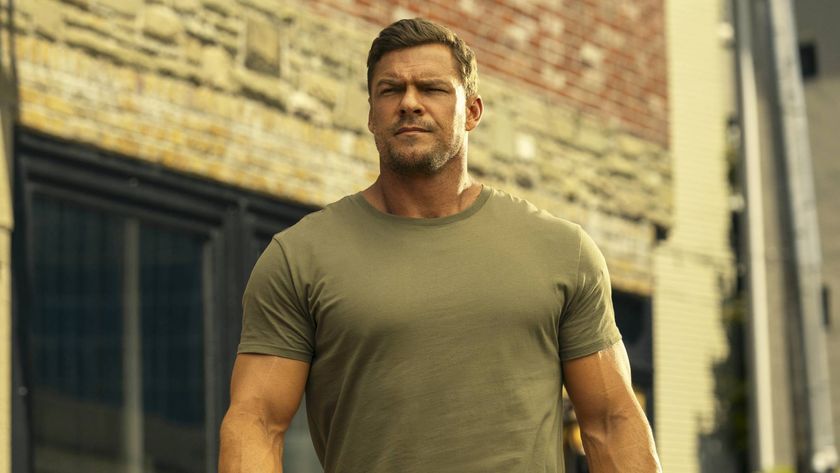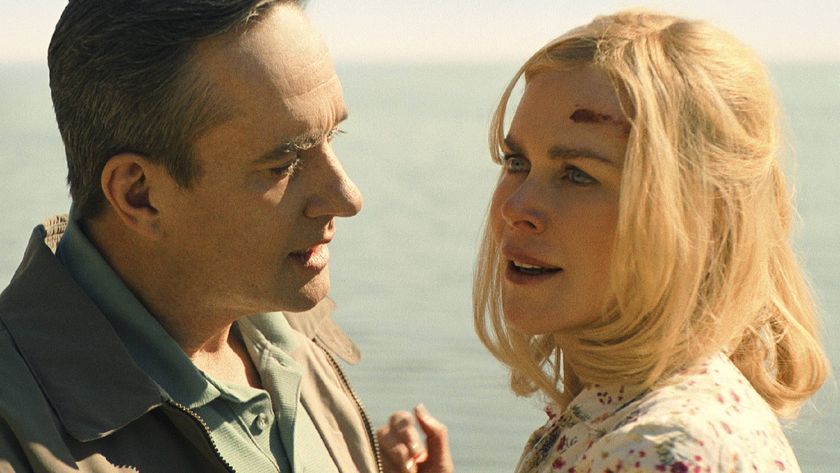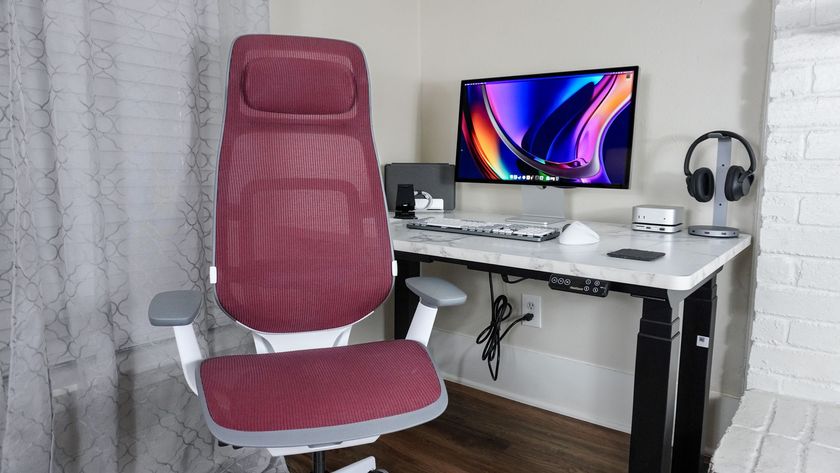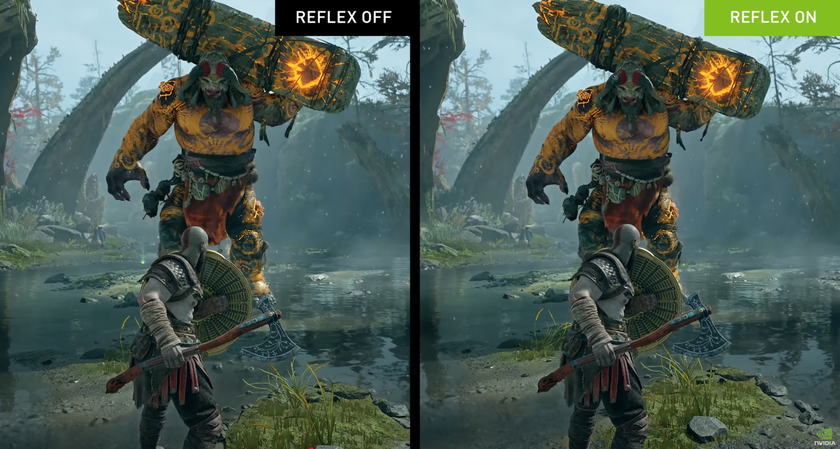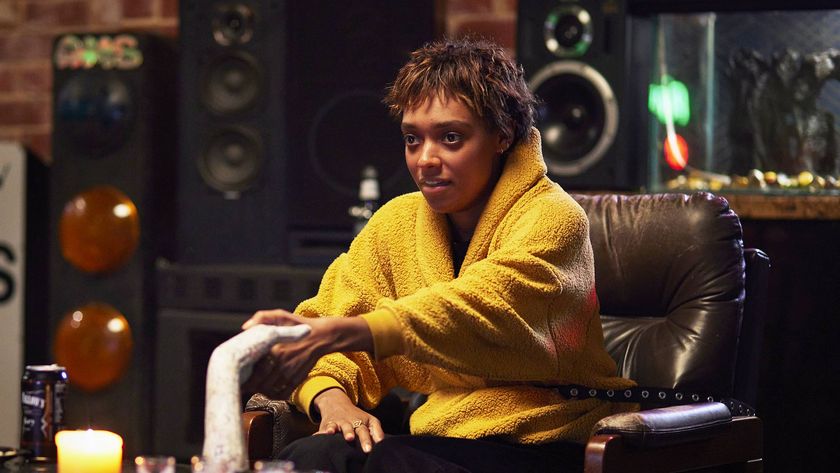Star Trek: Lower Decks is just what the franchise needs — but it’s bad
Star Trek: Lower Decks has a stellar cast, but it's not funny
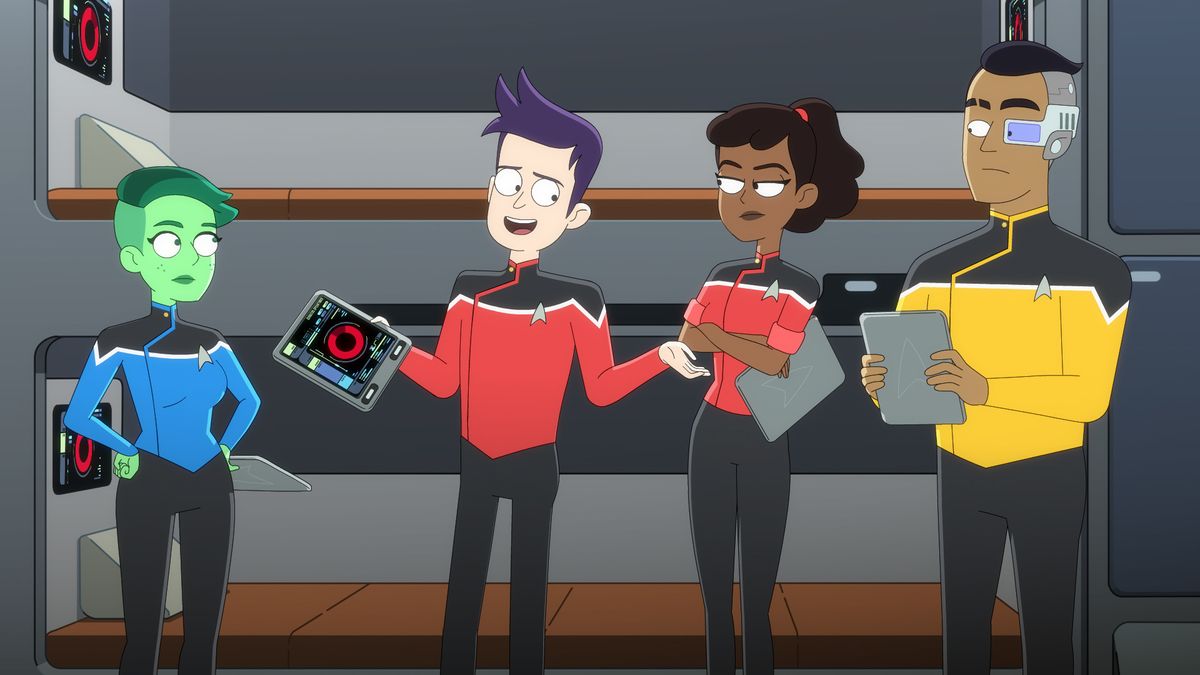
One episode into Star Trek: Lower Decks, I already feel thoroughly exhausted by the whole series. This came as a surprise to me, because on paper, Star Trek: Lower Decks is exactly what the franchise needs. It’s a fun, fast-paced animated comedy that skewers Star Trek with its own convoluted lore! It’s a glimpse into the lives of rank-and-file Starfleet officers! It’s a way to draw in new fans with an easygoing mix of likeable characters and fast-paced stories!
But as the credits rolled on the show’s first 22-minute episode, “Second Contact,” I had two troubling realizations: 1) The show’s connection to Star Trek was almost totally superficial, and 2) I didn’t actually laugh once.
- How to watch Star Trek: Lower Decks online release date, trailer and more
- Here is our ultimate debate between Star Wars vs. Star Trek games
- Watch the best streaming services
My first observation might not be a problem, depending on how invested you are in Star Trek’s ongoing lore. But a sitcom can’t survive without comedy, and “Second Contact” was a nearly humorless experience. The show isn’t sure whether it wants to be Star Trek: The Animated Series or Rick and Morty, and as a result, winds up being significantly less entertaining than either one.
Why Star Trek: Lower Decks should have worked
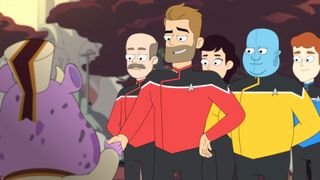
First off, I should lay my biases out on the table: I am completely in favor of a Star Trek animated comedy. Some curmudgeonly fans claim that this violates the solemn gravity of the franchise, but it doesn’t take Mr. Data’s sophisticated positronic brain to notice that Star Trek has never taken itself entirely seriously. From Captain Kirk’s trouble with tribbles in the ‘60s to Picard’s outrageous pirate accent last year, Star Trek has always balanced big sci-fi ideas with moments — or sometimes entire episodes — of comedy.
As Galaxy Quest demonstrated, Star Trek is ripe for parody. What could be better than a self-referential comedy set in the Star Trek universe, poking fun at the franchise’s foibles directly?
Lower Decks isn’t the first time that Star Trek has attempted an animated format, either. In 1973, Star Trek: The Animated Series debuted as a Saturday morning cartoon, and actually won an Emmy for its efforts. While The Animated Series looks a little rough around the edges, a lot of the scripts were rock-solid, and explored classic Trek themes, like forging alliances among enemies and demystifying religious beliefs. It’s not hard to see how a Star Trek animated show, armed with a bigger budget and a concept better suited to a half-hour block, might be incredibly fun to watch.
The talent involved with Star Trek: Lower Decks is unimpeachable, too. The show’s developer and producer, Mike McMahan, was a driving force behind two beloved animated sci-fi comedies: Solar Opposites, and Rick and Morty. The show’s central cast includes the talented Jack Quaid (The Hunger Games), Noël Wells (Master of None), Eugene Cordero (House of Lies) and Dawnn Lewis (Futurama). Tawny Newsome (Space Force) is a particular standout as the vivacious troublemaker Ensign Beckett Mariner.
Finally, Lower Decks takes its central concept as well as its name from one of the very best Star Trek: The Next Generation episodes. In “Lower Decks” (the TNG episode), we leave Picard and the bridge crew behind, and instead follow the adventures of four junior officers who only occasionally interact with the senior staff.
“Lower Decks” was a fantastic episode, and showed that everyday life aboard a Federation starship is quite different if you don’t spend your shifts consulting with the captain and having away-mission adventures. A whole show about the challenges and joys of serving in Starfleet as just another staffer sounds like a fantastic opportunity for both comedy and drama.
Why Star Trek: The Lower Decks didn’t work
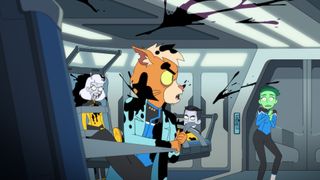
For all of those reasons, I was cautiously optimistic when “Second Contact” started. We meet Ensign Beckett as well as Ensign Brad Boimler (Quaid) right away, and seconds later, they’re involved in a shouting match about duty that culminates in Beckett accidentally slicing Boimler’s thigh with a Klingon bat’leth.
Boimler is a straight-laced officer who dreams of being a captain; Mariner is already drunk on Romulan whiskey when the scene begins, and just gets more sloshed from there. That’s a promising comedic setup. I waited for the jokes to begin — and I was still waiting 22 minutes later.
Like Rick and Morty, Star Trek: Lower Decks features characters who talk extremely fast in a way that’s not congruous with their surroundings. For example, as a drunken Mariner attempts to show off her Klingon sword:
“It’s a Klingon bat… um, bat… uh, bat…” she stutters, “I don’t know, I’m not a scientist, it doesn’t matter, shut up.” Newsome’s delivery is pitch-perfect, but there’s no actual joke in there. Then, ending a scene on unexpected violence and screaming was lazy comedy when writers started leaning on it back in the mid-2000s, and it hasn’t become any more entertaining in the intervening years.
This is a recurring theme: Characters talk a lot, and often talk over each other, as they point out just how ridiculous their situation has become — but just pointing out a situation’s absurdity isn’t enough to make it funny. Whether it’s flesh-eating zombies attacking the crew, or getting chewed on by a giant spider, or selling futuristic contraband farm equipment, there are a lot of moments in Lower Deck that were perfect setups to tell jokes — or at least throw us a groanworthy pun.
But again and again, “observing the situation in a detached, entirely too casual way, often at the same time as another character” is the best we get. That, and a lot of over-the-top violence — which works in a show like Rick and Morty, but only because it’s juxtaposed against the mundanity of the characters’ suburban lives. We expect space to be a hostile and dangerous place; that the characters encounter shocking violence isn’t inherently funny.
Granted, humor is subjective, and some people might appreciate the kitchen sink approach in Lower Decks. (Although it’s worth pointing out that Family Guy uses the same style of humor, and if you’re going to copy an existing sitcom formula, Family Guy is arguably the lowest bar to clear.) But there’s still the question of why Lower Decks had to be a Star Trek show at all.
We get a lot of Star Trek names and tech, particularly during Mariner’s unhinged ravings toward the end of the episode. (And I have to admit, her assertion that Spock’s resurrection was due to “space whales” did get me to crack a smile. More off-the-cuff inside jokes like that one, please.) But I’m not sure why Lower Decks had to take place in the Star Trek universe rather than any old starship in any old sci-fi setting. It’s helpful that the audience is already familiar with first contact protocols, and warp cores, and holodecks and a wide variety of alien species, but none of them advances the story in any way.
Where Star Trek: Lower Decks has promise
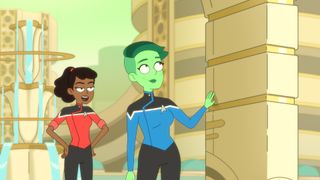
Immediately after I finished watching “Second Contact,” I thought you could make a plausible case for why it was the worst episode of any Star Trek series, surpassing even stinkers like “Spock’s Brain,” “Profit and Lace” and “These Are the Voyages…” While those episodes were undeniably cheesy, nonsensical, occasionally infuriating digressions that no one wanted to see, they at least built off of what we like about Star Trek. Even these terrible episodes are about intrepid explorers who have to grapple with an interesting sci-fi dilemma — even if the dilemma is as profoundly silly as “what if Spock lost his brain?”
Lower Decks doesn’t seem to raise any “big idea sci-fi” issues. Maybe as a comedy, it doesn’t really have to, but even the funny episodes from the main series touched on the human condition in some way. “Shore Leave,” “A Fistful of Datas” and “Take Me Out to the Holosuite,” for example, are all about the value of play, even for adults. “Second Contact” was about… being loyal to your friends, maybe? If you squint?
Still, the show’s central cast is so charming, it’s hard not to root for them, at least a little bit. I hope that after a few initial episodes to get settled, Lower Decks dives into what makes these characters tick, and explores how the relationships between the four junior officers could grow and change. There’s no rule that says sitcoms can’t also explore character growth — in fact, some of the best ones do. But if Star Trek: Lower Decks wants to take its place among them, it still has light years to go.
Sign up to get the BEST of Tom's Guide direct to your inbox.
Get instant access to breaking news, the hottest reviews, great deals and helpful tips.
Marshall Honorof is a senior editor for Tom's Guide, overseeing the site's coverage of gaming hardware and software. He comes from a science writing background, having studied paleomammalogy, biological anthropology, and the history of science and technology. After hours, you can find him practicing taekwondo or doing deep dives on classic sci-fi.


